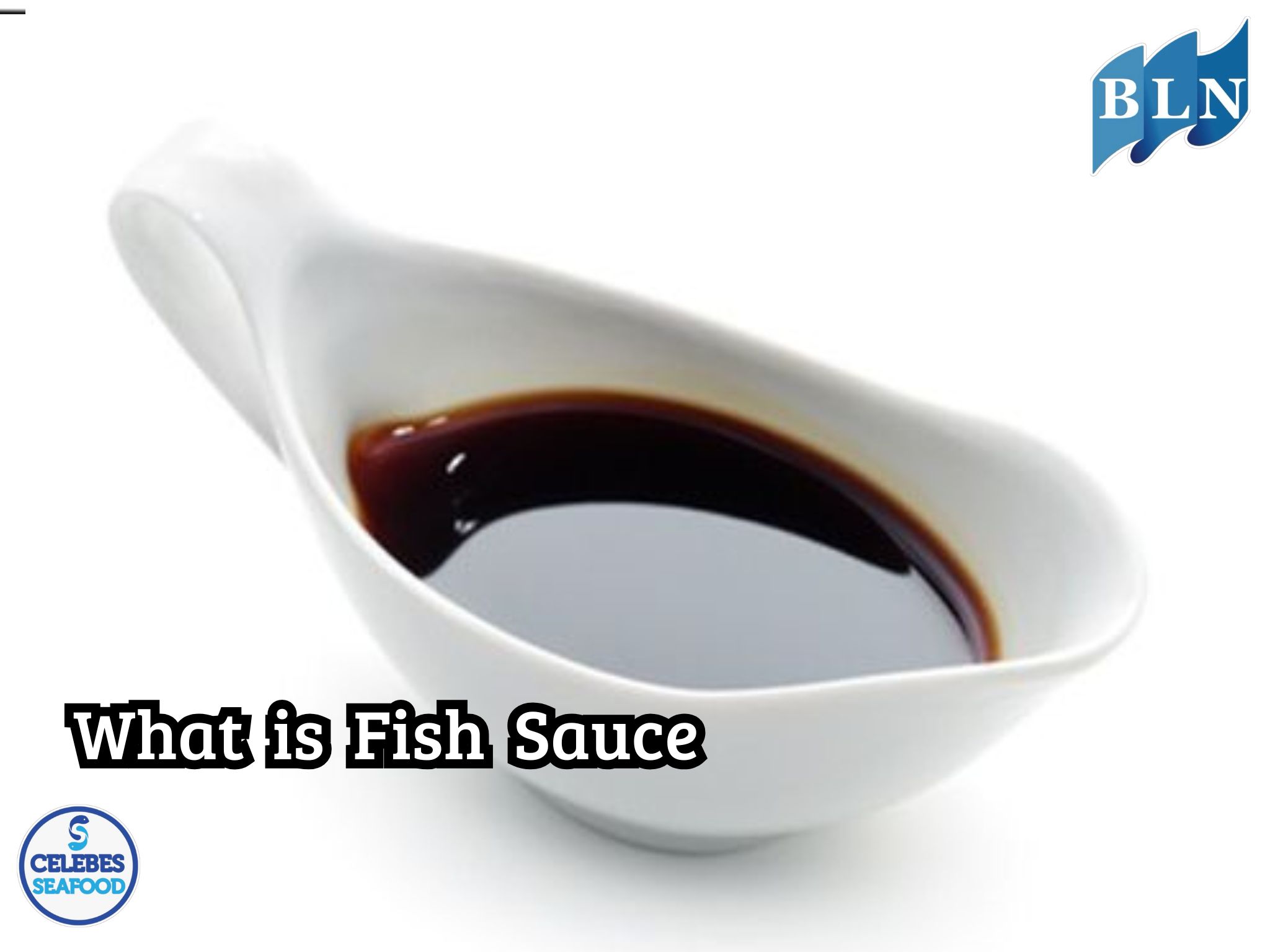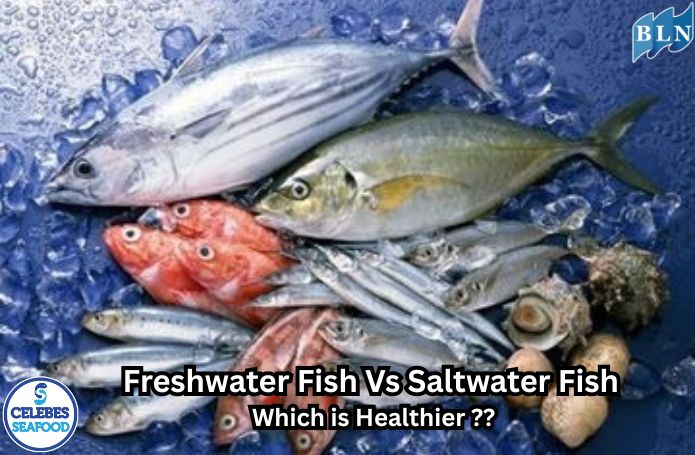Essential Mineral Content in Crab: Potential and Benefits
By. Tri - 06 May 2025
lautnusantara.com_ Crab, a beloved seafood enjoyed across the globe, holds a wealth of nutrients that not only tantalize the taste buds but also significantly contribute to bodily health. Beyond its distinctive flavor and appealing texture lies a variety of essential minerals vital for numerous biological functions. This article will thoroughly explore the potential and benefits of the abundant essential mineral content found in crab meat.
While crab is widely recognized as a high-quality source of animal protein, its nutritional profile is far more complex. Crab meat is a treasure trove of various essential minerals – minerals that the body cannot produce on its own and must obtain through dietary intake. The presence of these minerals in crab unlocks a range of remarkable health benefits.
Key Essential Minerals in Crab and Their Benefits:
- Calcium (Ca): Not just synonymous with milk, calcium is also found in significant amounts in crab, particularly in its shell, which is often processed into supplements. Calcium plays a crucial role in the formation and maintenance of bones and teeth, nerve transmission, muscle contraction, and blood clotting. Consuming crab can contribute to meeting daily calcium needs, helping to prevent osteoporosis and maintain a healthy musculoskeletal system.
- Phosphorus (P): Working synergistically with calcium, phosphorus is also abundant in crab. This mineral is essential for bone and teeth formation, energy production (ATP), nerve function, and the formation of DNA and RNA. Adequate phosphorus intake through crab consumption is important for maintaining energy metabolism and genetic integrity.
- Potassium (K): This electrolyte mineral plays a vital role in maintaining the body's fluid balance, regulating blood pressure, and supporting muscle and nerve function. The potassium content in crab can help keep blood pressure stable and support healthy cardiovascular function.
- Sodium (Na): While often associated with negative effects when consumed in excess, sodium in balanced amounts is essential for maintaining fluid and electrolyte balance, as well as nerve impulse transmission. Crab naturally contains sodium, but it's important to consider the preparation methods to avoid adding excessive amounts.
- Magnesium (Mg): Involved in over 300 enzymatic reactions in the body, magnesium plays a vital role in muscle and nerve function, blood sugar regulation, 1 blood pressure control, and protein and DNA synthesis. The magnesium content in crab can support various metabolic processes and maintain a healthy nervous system.
- Zinc (Zn): This trace mineral has a crucial role in immune function, wound healing, DNA and protein synthesis, and the senses of taste and smell. Adequate zinc intake from crab can help strengthen the immune system and support various cellular functions.
- Selenium (Se): As a powerful antioxidant, selenium protects the body's cells from damage caused by free radicals. Additionally, selenium plays an important role in thyroid function and the immune system. The selenium content in crab makes it potentially beneficial in protecting the body from oxidative stress and supporting thyroid health.
- Iron (Fe): Although perhaps not as high as in red meat, crab still contains iron, which is essential for the formation of hemoglobin in red blood cells, responsible for carrying oxygen throughout the body. Consuming crab can contribute to preventing iron deficiency anemia.
- Copper (Cu): This mineral plays a role in the formation of red blood cells, iron metabolism, nerve function, and the immune system. The presence of copper in crab supports various important physiological processes.
Potential and Health Benefits:
The rich combination of essential minerals in crab offers various potential health benefits, including:
- Maintaining Bone and Teeth Health: High levels of calcium and phosphorus are crucial for maintaining bone density and teeth strength, preventing the risk of osteoporosis.
- Supporting Cardiovascular Function: Potassium helps maintain healthy blood pressure, while magnesium also plays a role in heart function.
- Boosting the Immune System: Zinc and selenium are important minerals for optimal immune system function.
- Maintaining Nerve and Muscle Function: Potassium, sodium, and magnesium play crucial roles in nerve transmission and muscle contraction.
- Supporting Energy Metabolism: Phosphorus and magnesium are involved in the production and utilization of energy in the body.
- Protecting Against Cell Damage: Selenium acts as an antioxidant, protecting cells from free radicals, If you are interested in our product SLIPPER LOBSTER WHOLE ROUND, SLIPPER LOBSTER MEAT, Coral Trout Fillet Skin On,OCTOPUS WHOLE CLEANED FLOWER TYPE please do not hesitate to contact us through email and/or whatsapp.







